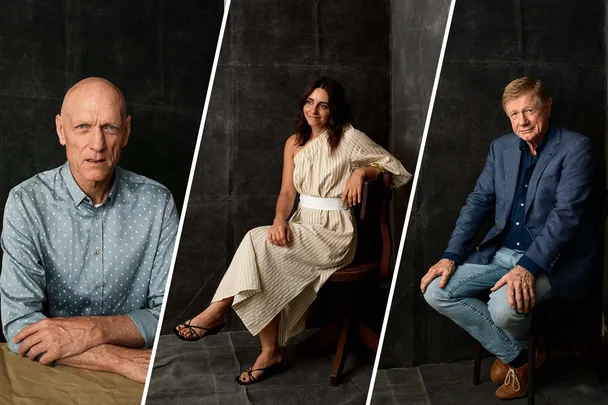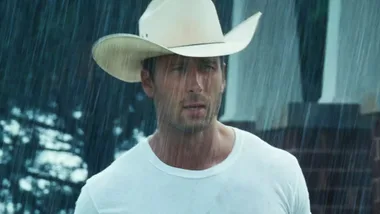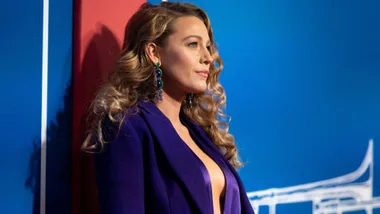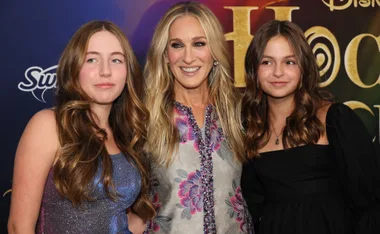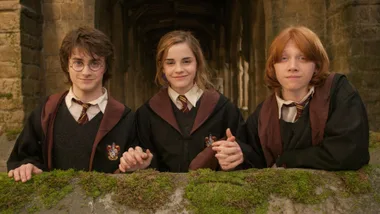The year 2020 marks 250 years since James Cook’s first voyage to Australia, yet today Aboriginal and Torres Strait Islander people still aren’t acknowledged in our constitution.
The time is now for recognition and reform, as called for in the Uluru Statement from the Heart. We’re calling for real change, not mere symbolism. It’s time Indigenous people are acknowledged as our First People and have their voice enshrined in the constitution.
This month, marie claire joins forces with some of Australia’s biggest and brightest names to unite for change in our #ItsTime campaign. Here, three non-Indigenous Australians tell us what it means to be an ally in this fight…
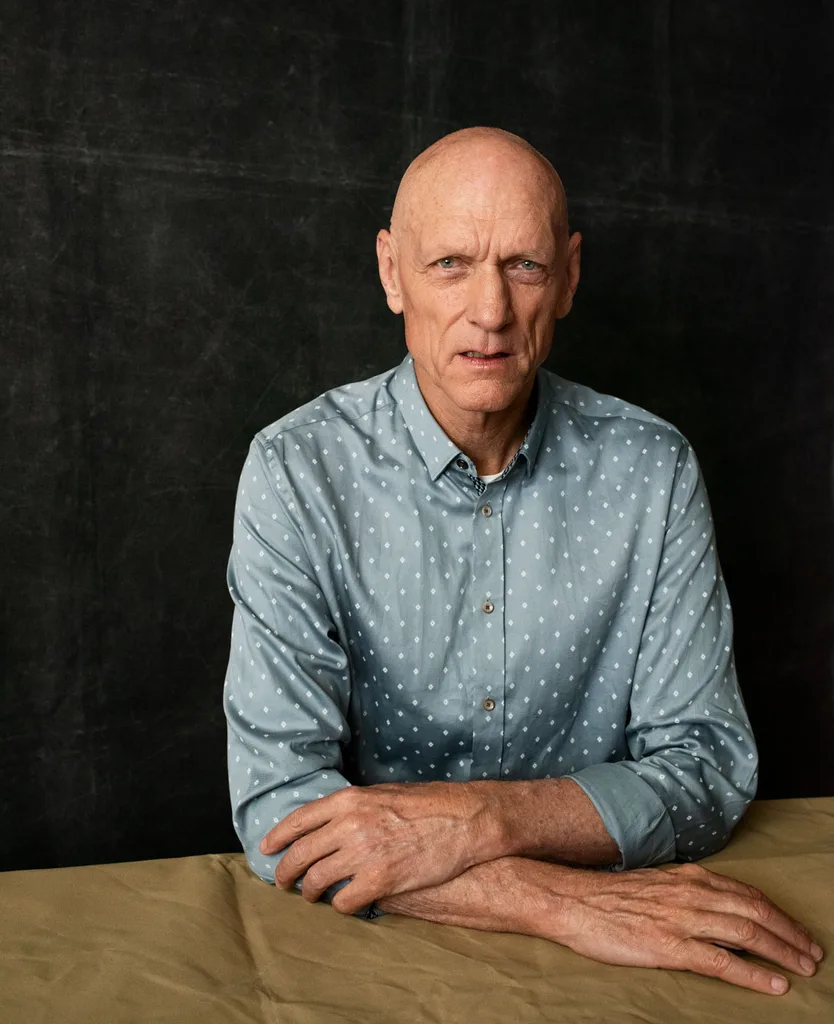
PETER GARRETT, MUSICIAN
“It’s been 33 years since Midnight Oil released ‘Beds Are Burning.’ It’s intensely frustrating that we’re not able to move more quickly on the issue of Indigenous constitutional rights. We need to be taking bigger steps to close the gap between Indigenous and non-Indigenous Australians and I think there’s a place for strong symbolic measures as much as there is for practical action. Constitutional recognition would be an enormous step and a sign of respect to Indigenous people. I would urge the government to reconsider its first response to the Uluru Statement from the Heart and recognise the deep plea for justice at the heart of this issue. By doing that, we will become a better nation – and maybe we won’t need to play ‘Beds Are Burning’ on the jukebox anymore.”
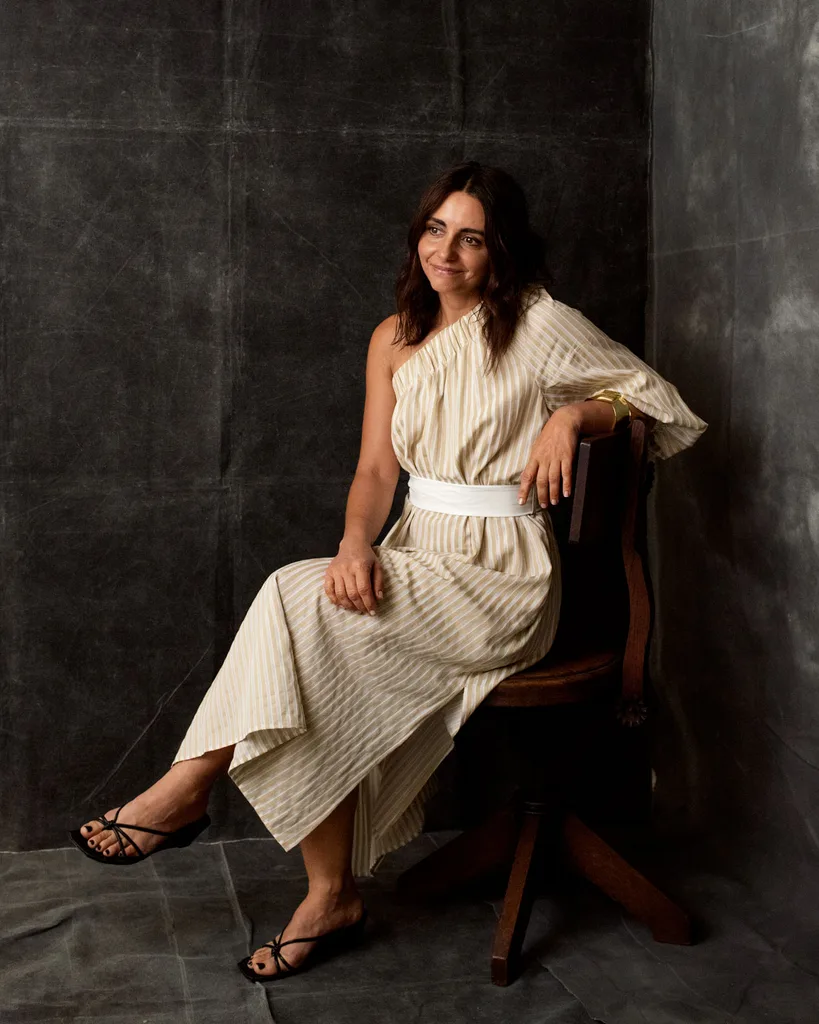
PIA MIRANDA, ACTRESS
“I was in marie claire’s campaign for reconciliation 19 years ago. It’s sad that we’re still campaigning for Indigenous recognition, but all we can do is keep fighting. We can all learn from the resilience of the Aboriginal people in Australia. No matter how long it takes, I will be a supporter of this campaign and I will walk beside Indigenous Australians. It’s not just time, it’s past overdue.”
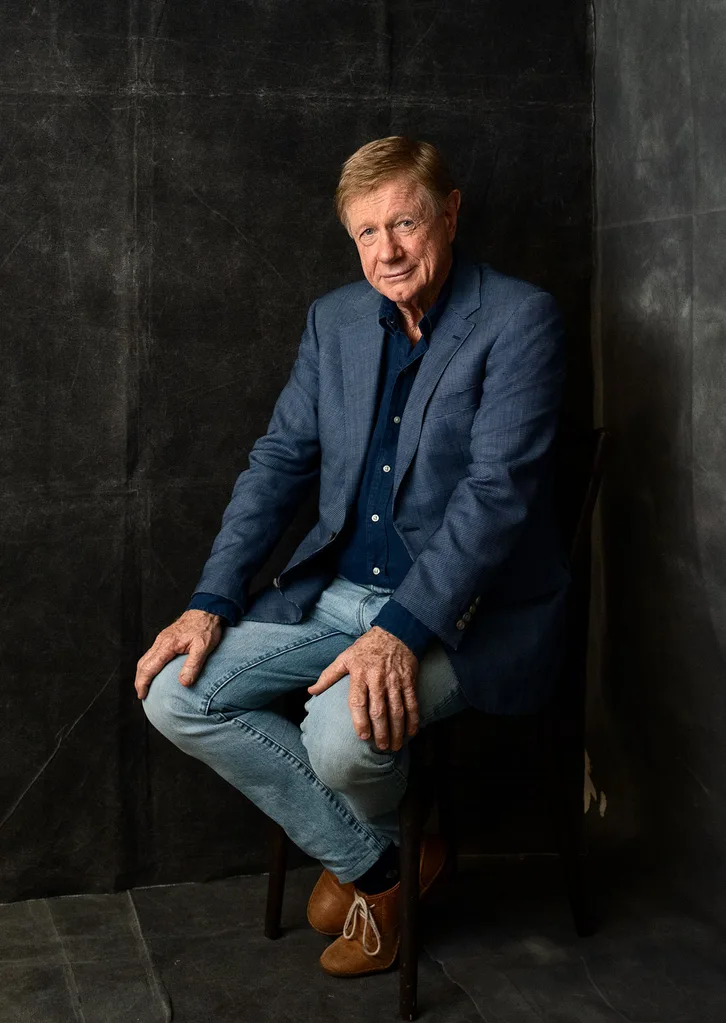
KERRY O’BRIEN, JOURNALIST
“In 1975 I went to Alice Springs for Four Corners and covered a story about an Indigenous woman named Paula Sweet, who had been murdered. Six young Indigenous men were rounded up and accused of raping and killing her. And they confessed, but it was abundantly clear that the confessions were false and that these men were innocent. Out of that case, a Royal Commission into relations between police and Indigenous people was called, but it was never delivered on. I’ve thought many times of what it must be like to be in the skin of an Indigenous Australian, whether they have personally suffered ill treatment or injustice, or whether they carry with them the reflection from their ancestors. And I can’t. But I think it’s on every non-Indigenous person to try to do that. To actually stop and reflect on their soul-destroying history since white settlement. I’ve found the recent attempts to put reconciliation back on the agenda disappointing. My advice to the government would be to rethink your approach. And search your souls.”
This story originally appeared in the February issue of marie claire, out now.
